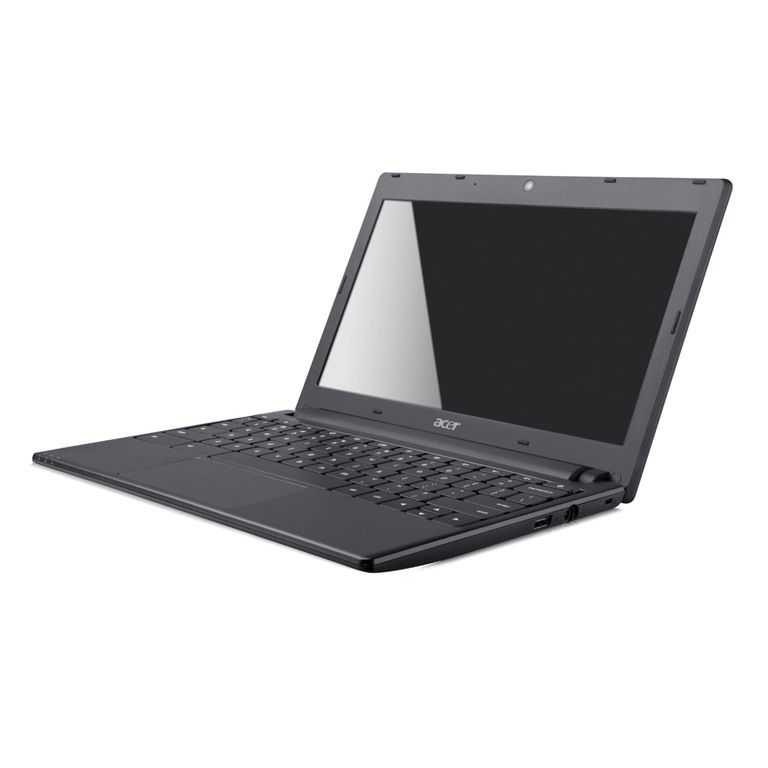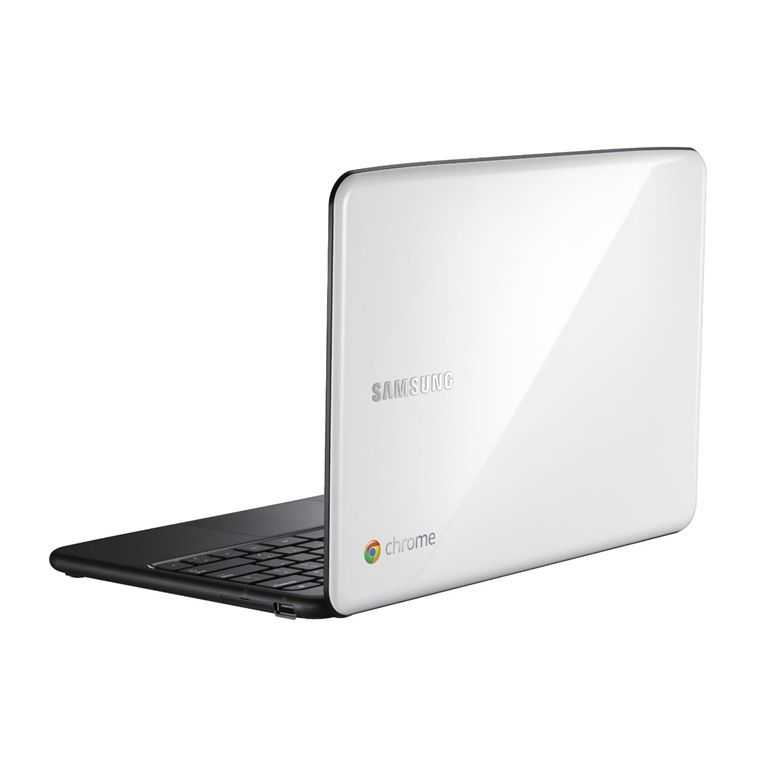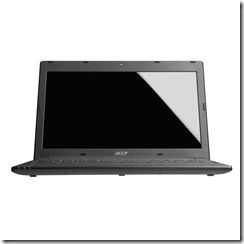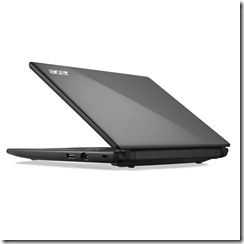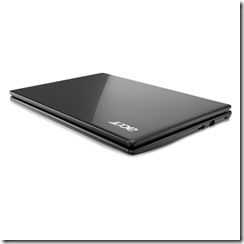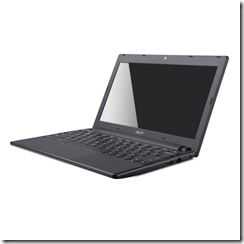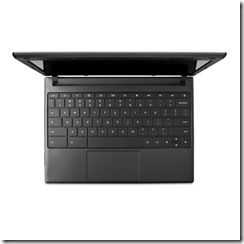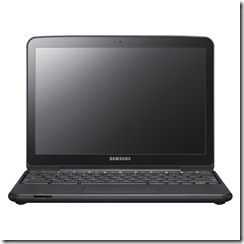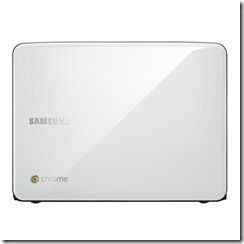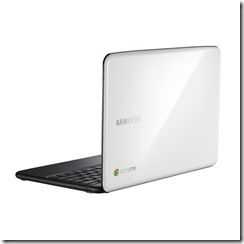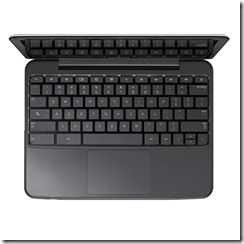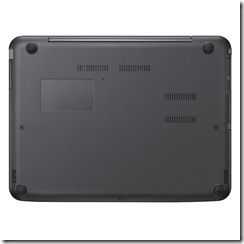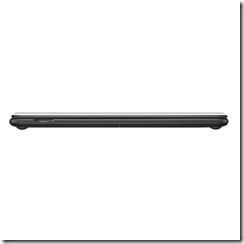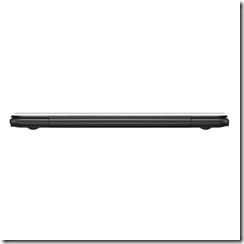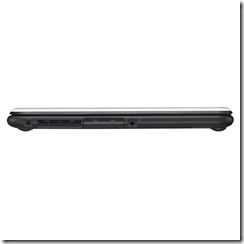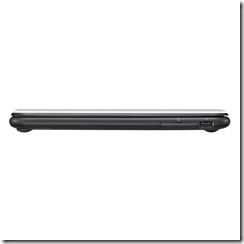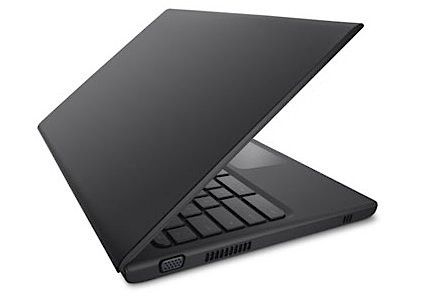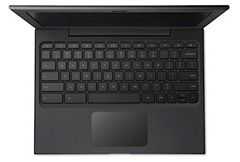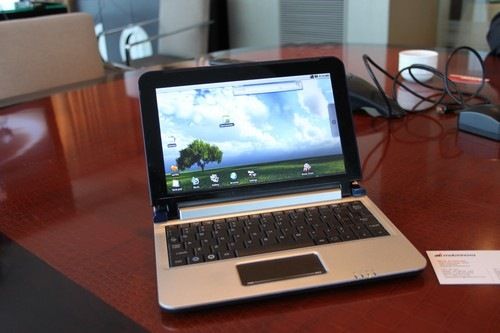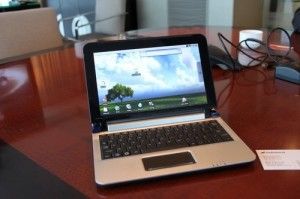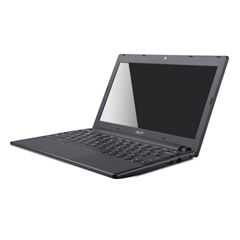 I want to wind back to a post I wrote about Chrome OS last year…
I want to wind back to a post I wrote about Chrome OS last year…
Personally I’m having trouble working out what Google are doing here. Is it to promote HTML5 development? Am I failing to see the long-term play? Are we really going to be using operating systems on our desks that are dumber than the ones on our phones?
The advantages for netbooks users are limited. The license cost advantage will be just $15-$25, the device support will be poor and there will be a million and one re-distributions causing confusion and splintering for Linux.
High-speed javascript processing won’t be unique to Chrome. Fast boot won’t be unique to Chrome. HTML5 won’t be unique to Chrome. Web apps won’t be unique to Chrome. What’s going to get people to buy a Chromium OS computer? I doubt people will be queuing up for an OS that never needs upgrading.
I’ve also talked about the cloud NOT being mobile.
Put the two together in a Chromebook and you’ve got something underwhelming for Ultra Mobile fans.
Despite that, I got very excited listening to the Chromebook announcements this evening. Very excited. It peaked when I heard that the Angry Birds game (yes. I’m getting bored of that too!) had been written, in HTML5, to work offline. Some of the HTML5 performance demos were impressive too. And then, I saw the 1.3KG 11.6 inch 1366s768 Acer Chromebook. OK, it’s not as attractive as the Samsung Series 5 but look what’s inside.
Not only is it running on an Intel N570 netbook platform but some of the code, according to my source, came from the Meego project and there’s a tight connection between Google and Intel on this. Intel are even calling these Chromebooks, Netbooks!
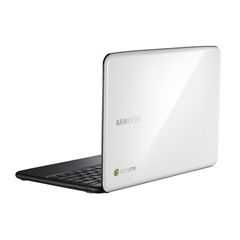 Finally, it was music to my ears to hear that legacy PC support was being dropped. No checking for floppys on boot. I assume it’s not a BIOS-based start-up too. USB support will be slim to start with, true, but it’s what we need to do. To start from scratch. Windows has the apps, but not the underpinnings to be a great mobile operating system.
Finally, it was music to my ears to hear that legacy PC support was being dropped. No checking for floppys on boot. I assume it’s not a BIOS-based start-up too. USB support will be slim to start with, true, but it’s what we need to do. To start from scratch. Windows has the apps, but not the underpinnings to be a great mobile operating system.
Put THAT all together and you’ve got a slim OS build on a Linux Kernel where all the functionality is in the browser. Put that browser in MeeGo and what have you got? Chromebook and Laptop? Put Chrome OS on Oaktrail or Moorestown and what have you got? Always on?
As with MeeGo, Honeycomb and other ‘new’ OS’, the apps are going to be the big issue but look what Google just went and did. They offered an app store where the dev gets 95%. 95%! (Update: OK. Thats in-app purchases although doesn’t it mean you can offer a free app and then sell the license for the full version in-app for a 5% fee?)
I’m interested now because app development could be fast. Why? It’s very interesting for devs from day one. How many Chrome browsers are already installed?
I’m as interested in Chrome OS as I am in Honeycomb as a slim OS and app layer that could help in many ultra mobile scenarios….in the future. I’m buying an Acer Chromebook for testing, that’s for sure. I hope you can join me on the live session because that’s going to be a very interesting one.
But you may not be so interested. Looking at the 12 inch 1.4KG Samsung Series 5 Chromebook you might think what the hell has this got to do with Ultra Mobile? Let me know in the comments below. Lets talk it through and shake-out the issues and queries. Here are some starting points.
- Touch
- USB support
- No Bluetooth
- Apps
- Offline Cloud
- Ethernet Port missing
Both devices are in the database along with all the specifications and links available at the moment.
Acer Chromebook
Samsung Series 5 Chromebook
Google Chrome Blog announcement



